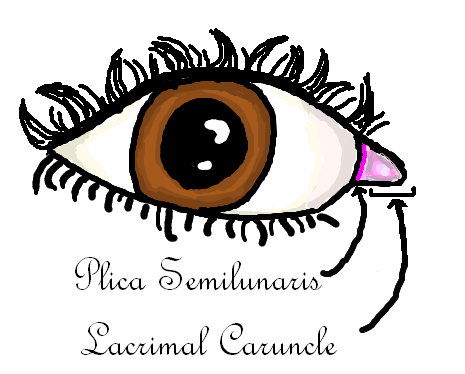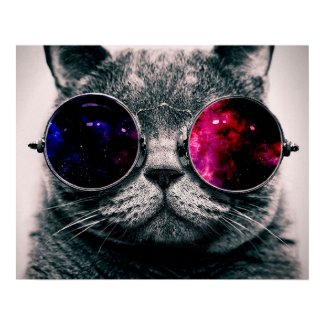When someone gets the lion’s share of something (be it a cake, profits from a company, or anything else), it means they are getting most, if not all of it. Why would a lion’s share mean this? Where does this idiom come from? Continue reading
When someone gets the lion’s share of something (be it a cake, profits from a company, or anything else), it means they are getting most, if not all of it. Why would a lion’s share mean this? Where does this idiom come from? Continue reading
This article follows on from the article: Liver spots, Lentigo and Lipofuscin: What causes liver spots?
Continue reading
When you think “old age” you tend to think wrinkles, prune juice and liver spots (also called age spots, sun spots or solar lentigo). Interestingly, some elderly people barely have any liver spots decorating their bodies, whilst others have more spots than a speckled egg! Why do people differ in their number of liver spots, and why do we get them anyway? Continue reading
Dictionaries define “one trick pony” as a person or thing that is thought to be limited to only one single talent, capability, or quality; much like a pony that has been taught only one trick. But where does this phrase come from? Continue reading
Sleep, rheum, gound, gook, gunk, goop, stuff, sludge, gunge, goo, sleepydust, sleepysand, crusties, or eye boogers: Whatever you want to call them, we’ve all found ourselves waking up to having something in our eyes in the morning at some stage. Why do we get this gunk in our eyes? Continue reading
If you look at your eye, you’ll notice that in the corner nearest to your nose you have a little pink triangular structure. In medical speech this little triangle is made up of two parts: the little bump is the lacrimal caruncle and the nearby crescent-shaped area bordering the eyeball is the plica semilunaris. Why do we have this strange pink area of the eye?

Continue reading
The AM and PM abbreviation is often used to describe the time of day, but what does AM PM stand for? What is the meaning of AM and PM?
Continue reading
 If you haven’t heard this phrase before, let me assure you we are not talking about sprinkling your cat’s food bowl with coins and dollar bills. “Putting money in the kitty” is a term often referring to putting money into a communal pot, where contributions from several people contribute towards the final sum. One of the earliest recorded uses of the word kitty was around the 1800s and referred to the pool of money that accumulates in poker games. Nowadays a kitty can have many purposes other than a poker kitty, and is commonly used to pool money to buy equipment for clubs, schools, charities and events. But why do we call this pot of money a kitty?
If you haven’t heard this phrase before, let me assure you we are not talking about sprinkling your cat’s food bowl with coins and dollar bills. “Putting money in the kitty” is a term often referring to putting money into a communal pot, where contributions from several people contribute towards the final sum. One of the earliest recorded uses of the word kitty was around the 1800s and referred to the pool of money that accumulates in poker games. Nowadays a kitty can have many purposes other than a poker kitty, and is commonly used to pool money to buy equipment for clubs, schools, charities and events. But why do we call this pot of money a kitty?
Continue reading
This article is Part 4 of the Being Independent series. Part 1: What is Independence, Part 2: Why do we need Independence, Part 3: Why do some peopel find it difficult to become independent?
There are many ways to go about teaching a child independence. Some of them are listed below: Continue reading
This article is Part 3 of the Being Independent series. Part 1: What is Independence, Part 2: Why do we need Independence
For most people there is a natural conflict between wanting to revert to the childlike state of being safe, looked after, care-free and absolved of responsibilities, and the desire to be strong and independent. Some people find it harder than others to become independent, and though this may be due to a wide range of reasons, some of them are described below: Continue reading